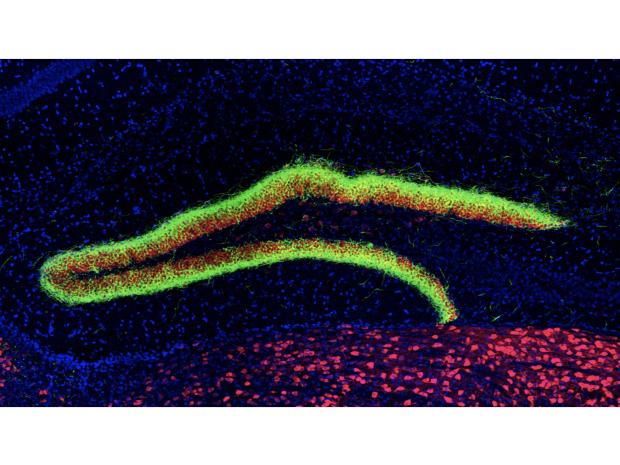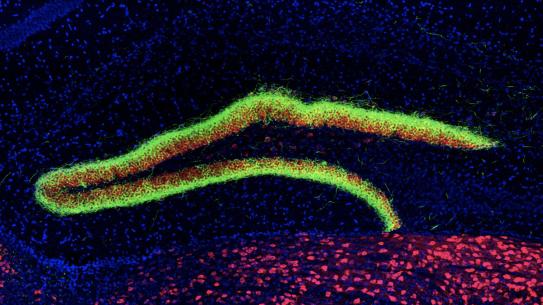
Speaker:
Shuo Chen, PhD
Research Scientist (tenure-track)
Emotional Brain Institute, Nathan Kline Institute for Psychiatric Research
Research Assistant Professor, Department of Psychiatry,
New York University Grossman School of Medicine
Abstract:
Memory is one of the most fundamental and fascinating functions of the brain, enabling us to encode, retain, and retrieve information essential for survival and identity. However, memory processes are highly susceptible to dysfunction, as seen in devastating disorders like Alzheimer's disease. Dr. Shuo Chen's research focuses on unraveling the intricate neural and molecular mechanisms underlying memory formation, storage, and retrieval while also exploring therapeutic strategies to rescue memory deficits. His lab integrates cutting-edge techniques, including electrophysiology, advanced imaging, genetic manipulations, omics, computational modeling, and behavioral analyses, to decode the complex interactions within neural circuits and molecular networks. Leveraging his unique background in chemistry and neuroscience, Dr. Chen also pioneers the development of novel tools and molecular actuators for precise, minimally invasive neuromodulation. In this talk, Dr. Chen will present recent findings from his lab, shedding light on how neural circuits encode and maintain memory and how these mechanisms are disrupted in Alzheimer’s disease. Furthermore, he will discuss innovative approaches his team is developing to target and restore impaired memory circuits, offering potential therapeutic pathways for neurodegenerative disorders. Join us for an engaging exploration of the molecular and circuit-level underpinnings of memory and the promising advancements in therapies that could pave the way for effective treatments for Alzheimer's disease and other memory-related disorders.
Dr. Chen earned his undergraduate degree from Tsinghua University and completed his Ph.D. in chemistry at the University of Tokyo under the mentorship of Takuzo Aida and Itoh Yoshimitsu, where he developed voltage-responsive molecular assemblies. Driven by a deep curiosity about brain function, he transitioned into neuroscience with postdoctoral training at RIKEN Center for Brain Science under Thomas McHugh, focusing on hippocampal learning and memory circuits and developing molecular tools for neuromodulation. At NYU Grossman, supported by an NIH Pathway to Independence Award, Dr. Chen investigated memory deficits in Alzheimer’s disease with mentors Thomas Wisniewski, Arjun Masurkar, Zhe Sage Chen, and Gyorgy Buzsaki. In 2024, he launched the Chen Lab, combining advanced imaging, electrophysiology, behavior, and bioengineering to study neural and molecular mechanisms of memory.


